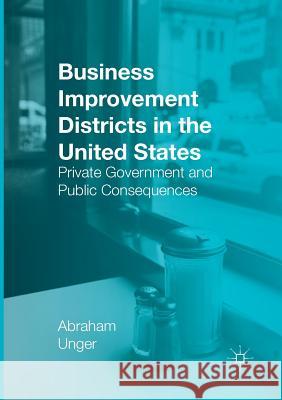Business Improvement Districts in the United States: Private Government and Public Consequences » książka
topmenu
Business Improvement Districts in the United States: Private Government and Public Consequences
ISBN-13: 9783319812465 / Angielski / Miękka / 2018 / 206 str.
Business Improvement Districts in the United States: Private Government and Public Consequences
ISBN-13: 9783319812465 / Angielski / Miękka / 2018 / 206 str.
cena 484,18
(netto: 461,12 VAT: 5%)
Najniższa cena z 30 dni: 462,63
(netto: 461,12 VAT: 5%)
Najniższa cena z 30 dni: 462,63
Termin realizacji zamówienia:
ok. 22 dni roboczych
Bez gwarancji dostawy przed świętami
ok. 22 dni roboczych
Bez gwarancji dostawy przed świętami
Darmowa dostawa!
Kategorie BISAC:
Wydawca:
Palgrave MacMillan
Język:
Angielski
ISBN-13:
9783319812465
Rok wydania:
2018
Wydanie:
Softcover Repri
Ilość stron:
206
Waga:
0.27 kg
Wymiary:
21.01 x 14.81 x 1.19
Oprawa:
Miękka
Wolumenów:
01
Dodatkowe informacje:
Wydanie ilustrowane











